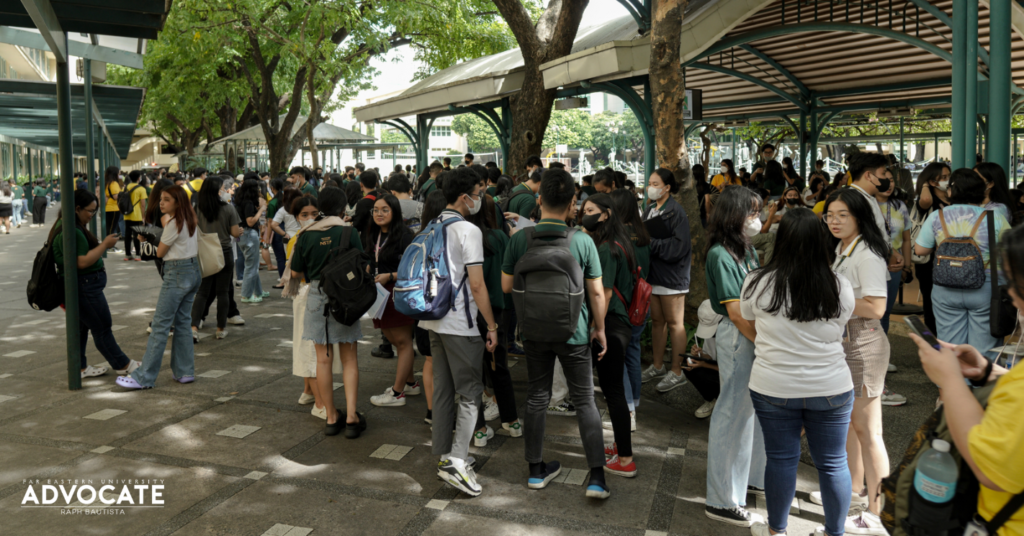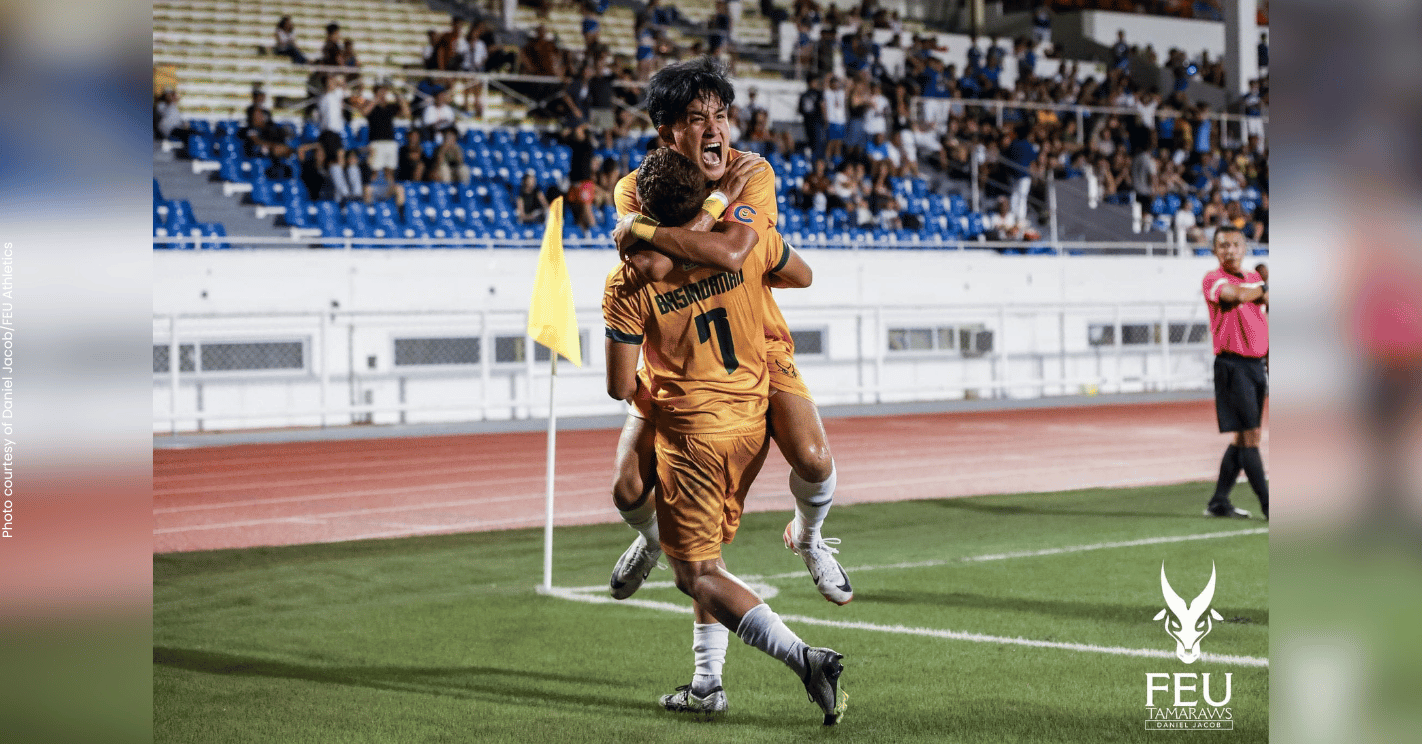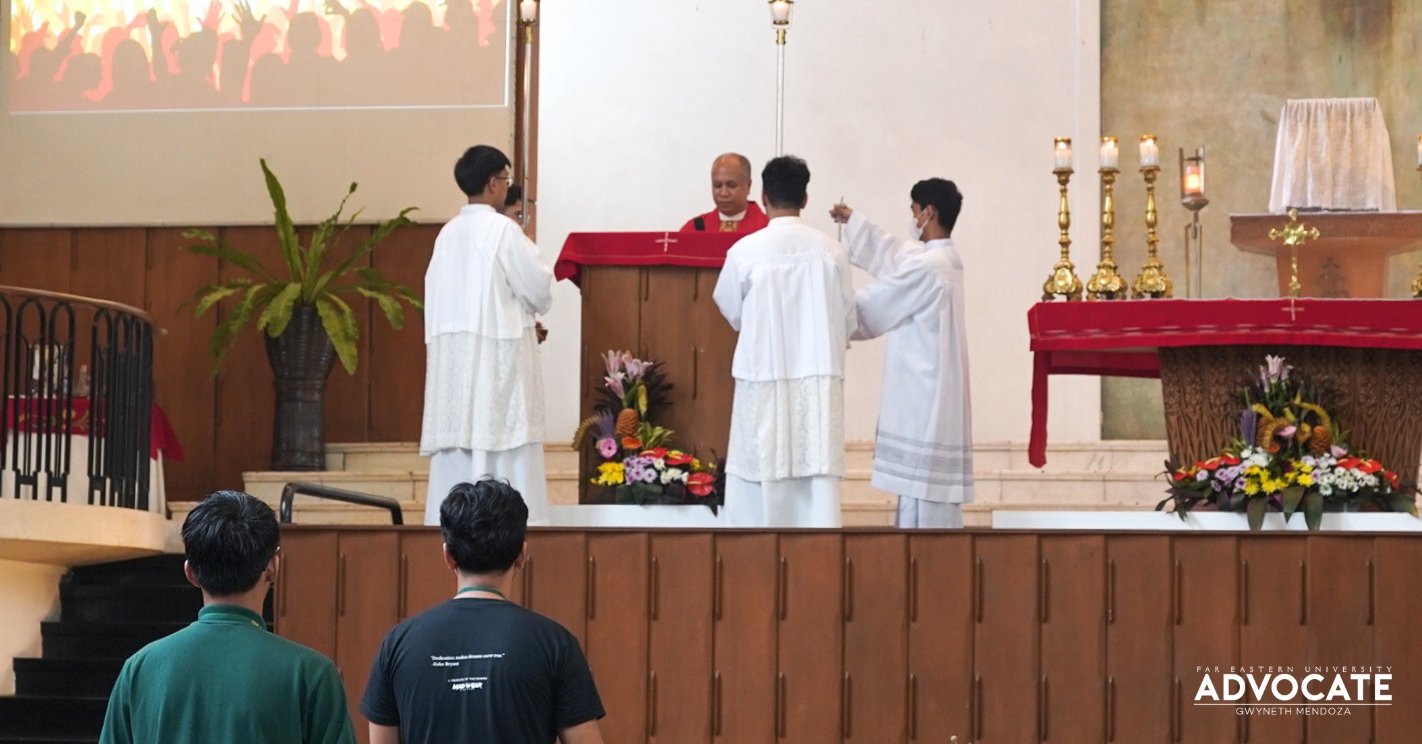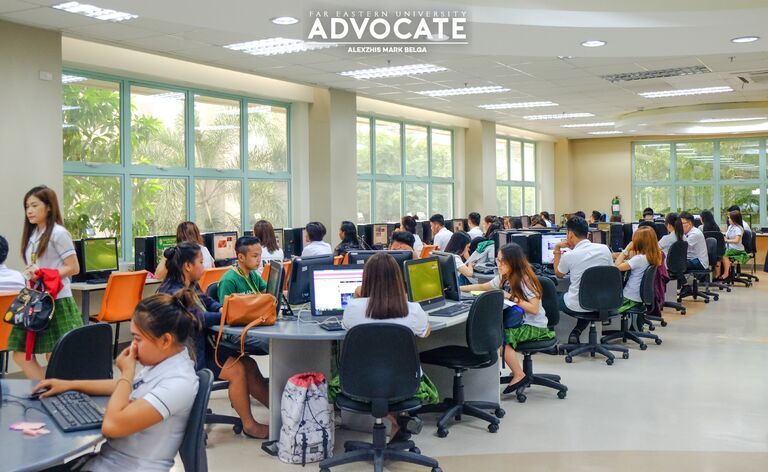
Pagtanaw sa kalusugang pangkaisipan ng mga manggagawa laban sa pandemya
- March 17, 2021 12:13
FEU Advocate
March 29, 2025 20:28

By Shayne Elizabeth T. Flores
Following the University’s shift to online classes on Monday due to the three-day transport strike staged by MANIBELA, Far Eastern University (FEU) student organizations called for a responsive contingency plan in light of disrupted student activities.
FEU only suspended onsite classes on March 24, coinciding with an activity period scheduled in the afternoon. This compelled student organizations to either hold their planned activities online or postpone them to a later date.
The suspension was in line with the transport strike staged in protest of the Land Transportation Franchising and Regulatory Board’s (LTFRB) misrepresentation of the consolidation figures of public utility vehicle (PUV) operators and drivers under the PUV modernization program from March 24 to 26.
Obliged to adjust their scheduled events in light of the class suspension, the FEU Scholars’ Society (FEUSS) and FEU Anti-Bullying Core Group (ABCG) shared suggestions on how to better address such disruptions in an interview with FEU Advocate.
“This could include offering flexible learning options, such as hybrid or asynchronous sessions, to minimize disruption to academic activities. Additionally, improving communication channels between the administration and students would help provide timely updates and alternative arrangements. Ensuring that students are well-informed and supported during such disruptions would help maintain academic continuity and student well-being,” FEUSS Vice President for External Affairs Wendel Quarteros said.
Similarly, FEU ABCG recommended addressing the root cause of the transport strike along with offering alternative learning options.
“We think they must focus on equipping the students of its root causes of transport strike and providing a thorough and multi-faceted approach of immediate solutions—alternative learning options and better contingency plans would be a big help given that there are different situations for students to be considered to,” FEU ABCG Executive Board and project proponents and co-proponents stated.
Following the onsite class suspension, the FEUSS shifted its slated event ‘Scholars’ Day 2025’ to an online modality via Microsoft Teams.
Though they did not formally request an onsite event, the Student Development (SDEV) Office offered them the option to move it to the next available activity period on April 8.
However, the organization insisted on holding the event on its original date in order to avoid conflicts with their other pre-scheduled events.
“We carefully considered the impact of rescheduling and ultimately decided that transitioning to an online format was the most practical solution to avoid disrupting the flow of our future activities,” Quarteros shared.
This incited them to execute immediate adjustments in terms of planning technical requirements, logistics, and modifying the program flow, while ensuring participant engagement and interaction.
Additionally, the physical preparations for an onsite set-up were also halted, causing minimal expenses.
“Many physical preparations, such as venue arrangements and material procurement, were no longer necessary, which led to some adjustments. While the initial effort was not entirely wasted, certain logistical elements became less relevant due to the online transition. In terms of budgeting, we managed to stay within the proposed budget and even had a surplus due to reduced expenses on physical materials and venue costs,” Quarteros noted.
On the other hand, FEU ABCG chose to postpone their event ‘HIGUGMA 2025: Mind and Body as One’ to a later date by submitting an SDEV-provided form to request event schedule and venue change, taking into account their sponsors, partners, speakers, participants, and working committees.
“We wanted to touch participants' hearts and minds for connections, deeper engagement, and more healthy discussions to be able to relate and resonate—an outlet that serves for learning activities that we've incorporated for participants to cater to and an opportunity to try. It also allows for real-time feedback on the overall event from both speakers and participants, ensuring a more enriching and fruitful experience,” they said.
Additionally, among others, the respective events of the FEU Psychology Society and the FEU English Language Circle also shifted to an online modality. On the other hand, Pacific Asia Travel Association Philippines FEU Student Chapter rescheduled their event to April 8.
Given that the same onsite setup will proceed, FEU ABCG’s logistics was barely affected, as their materials and technical equipment had already been prepared prior to the suspension notice and were just on standby.
Moreover, the organization disclosed that they were not required to have a budget for the event, as they have yet to open their bank account.
“For transparency, no budget is required for the event since we were advised to minimize spending as much as possible as a newly accredited organization, and that the opening of our new bank account is still in process,” FEU ABCG added.
FEU ABCG has yet to announce the event’s new schedule. They have also prepared various contingency plans in the event of further changes or suspensions.
Meanwhile, due to initial delays, the FEU Central Student Organization insisted on pushing through with ‘SAYAWIT: Battle of the Bands’ as well as the ‘SAYAWIT: Battle of Dance’ awarding onsite, while also providing an online livestream to adapt to the suspension.
Other school events also pushed through onsite without rescheduling such as the ‘Kwentong Kainan’ by Salinhali Productions of the FEU Institute of Tourism and Hotel Management.
FEU Advocate tried reaching out to SDEV for the official list of affected organizations and their rescheduling process but has yet to receive a response as of writing.
(Photo by Raph Bautista/FEU Advocate)








